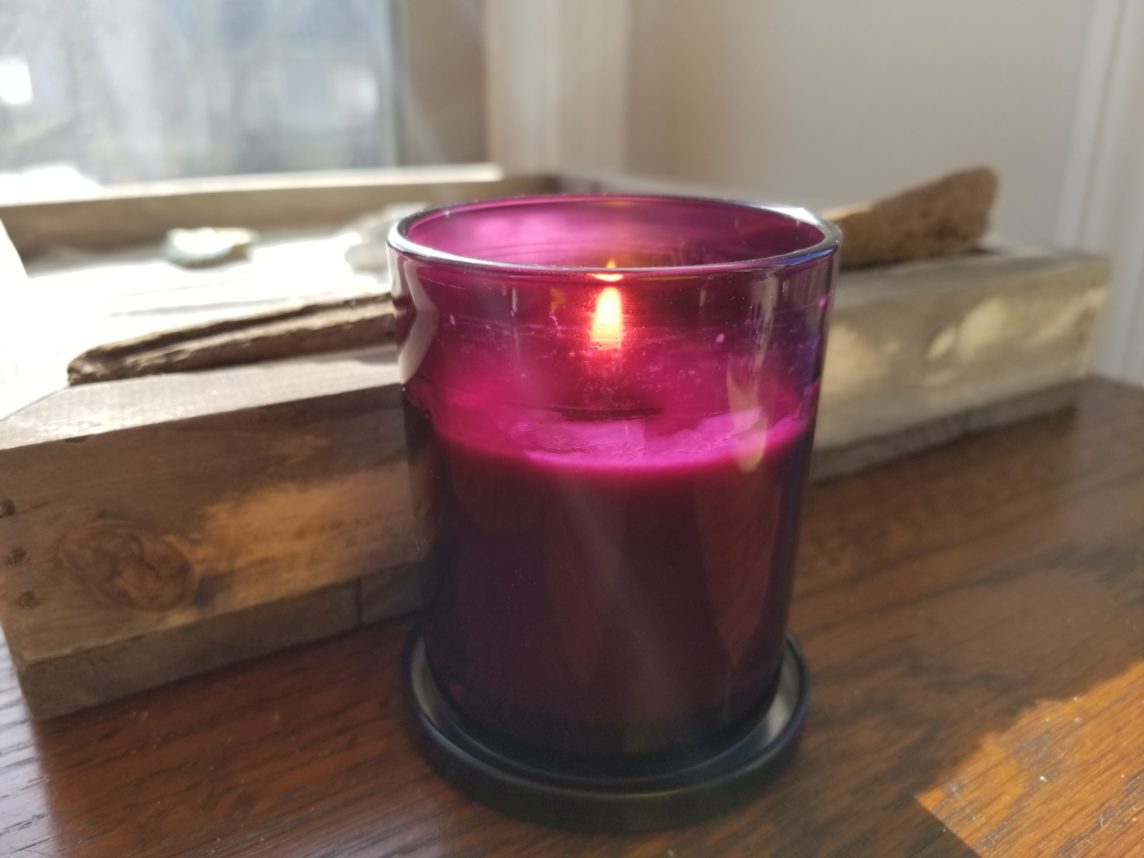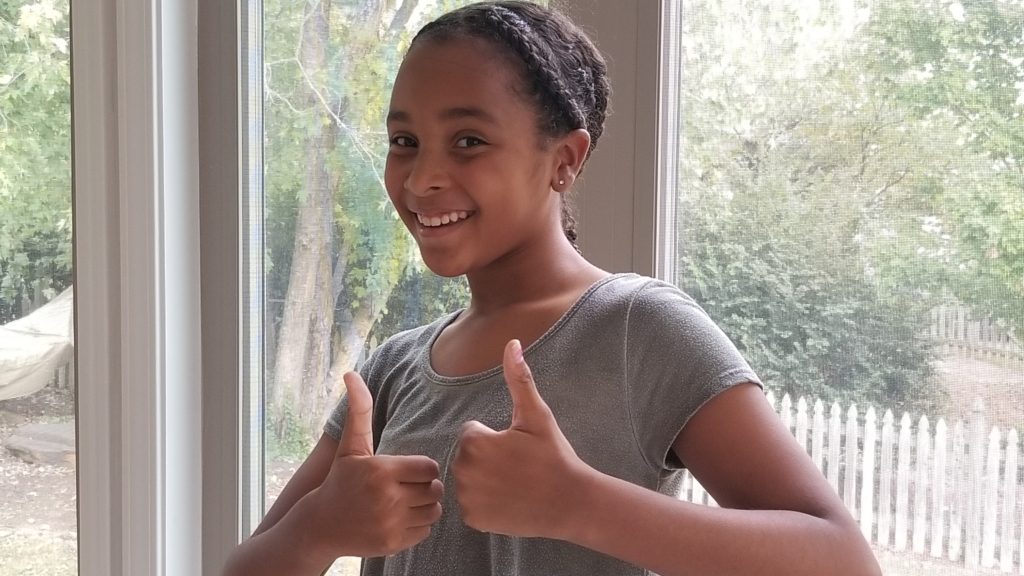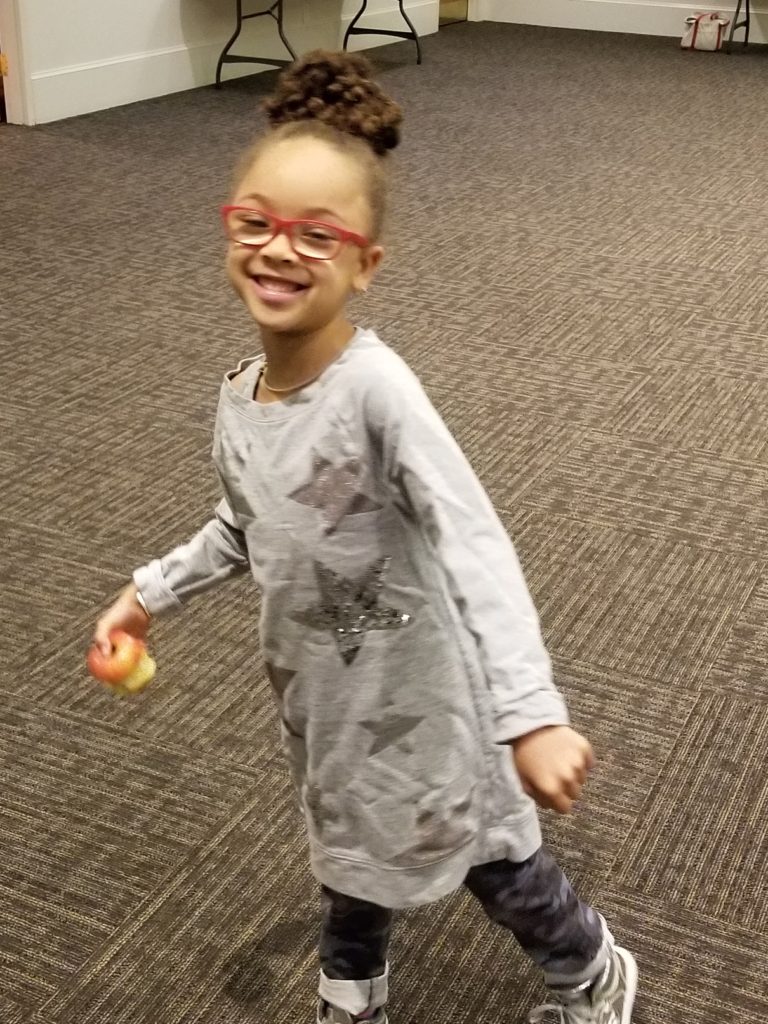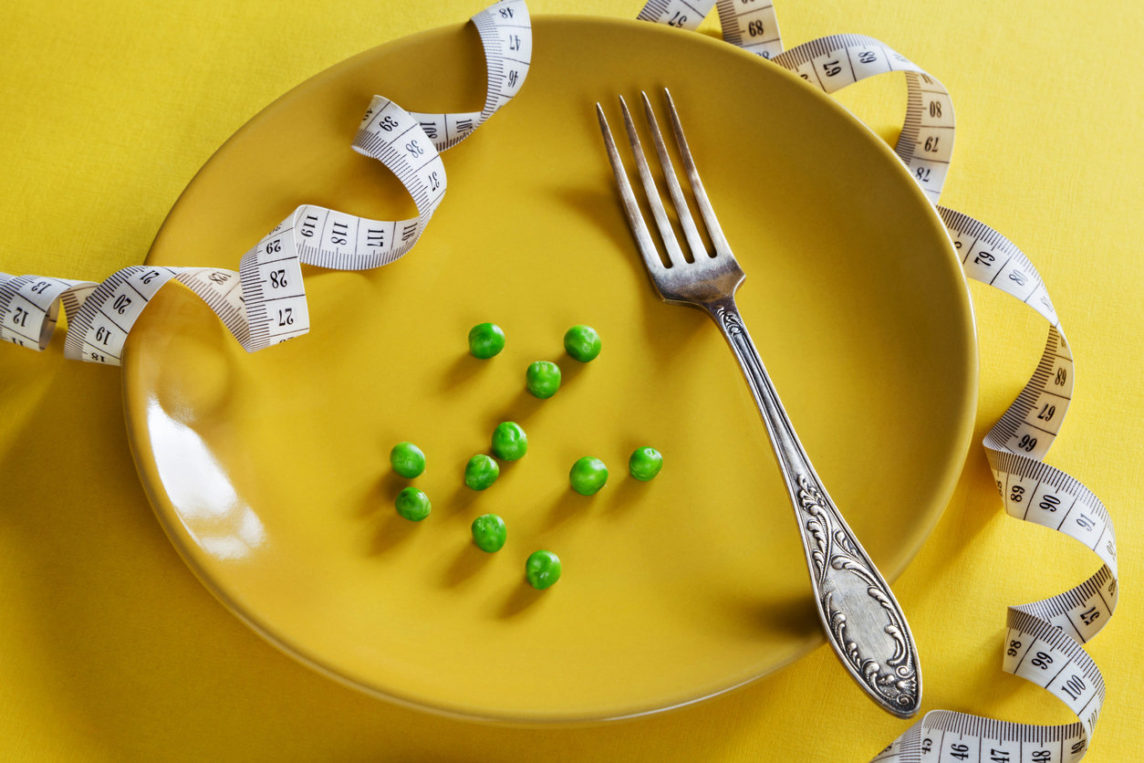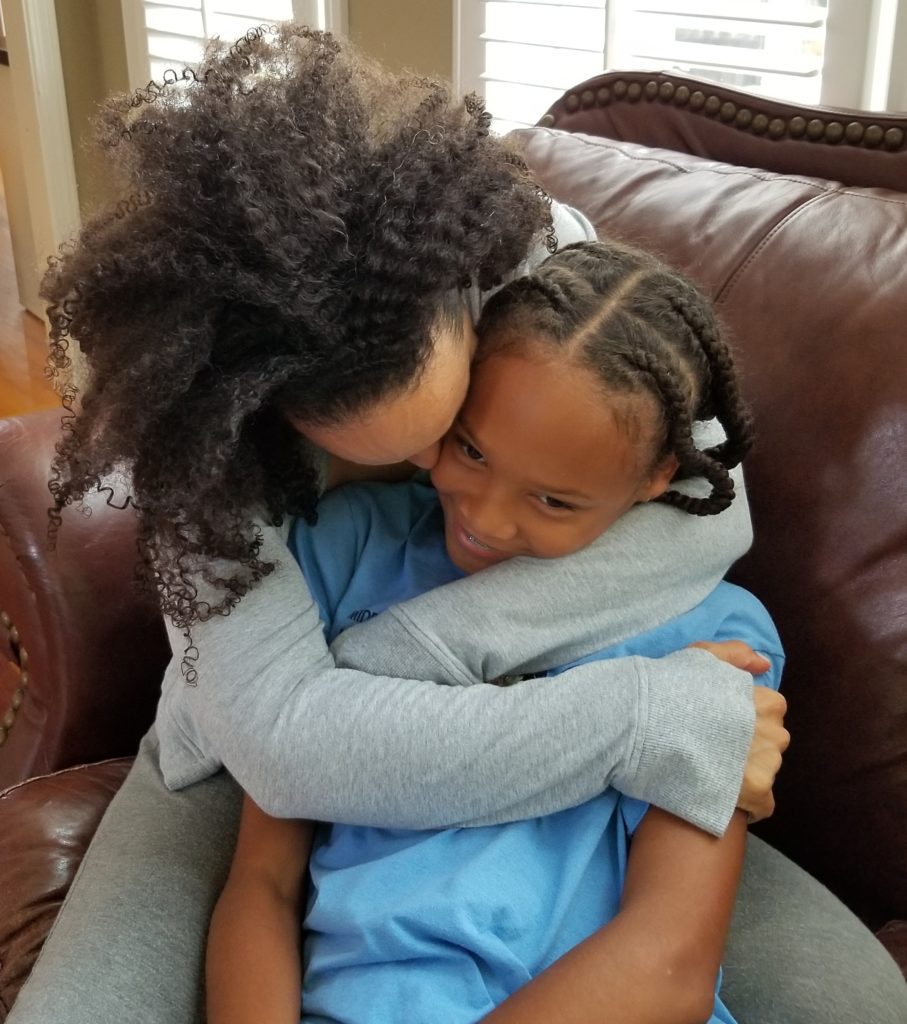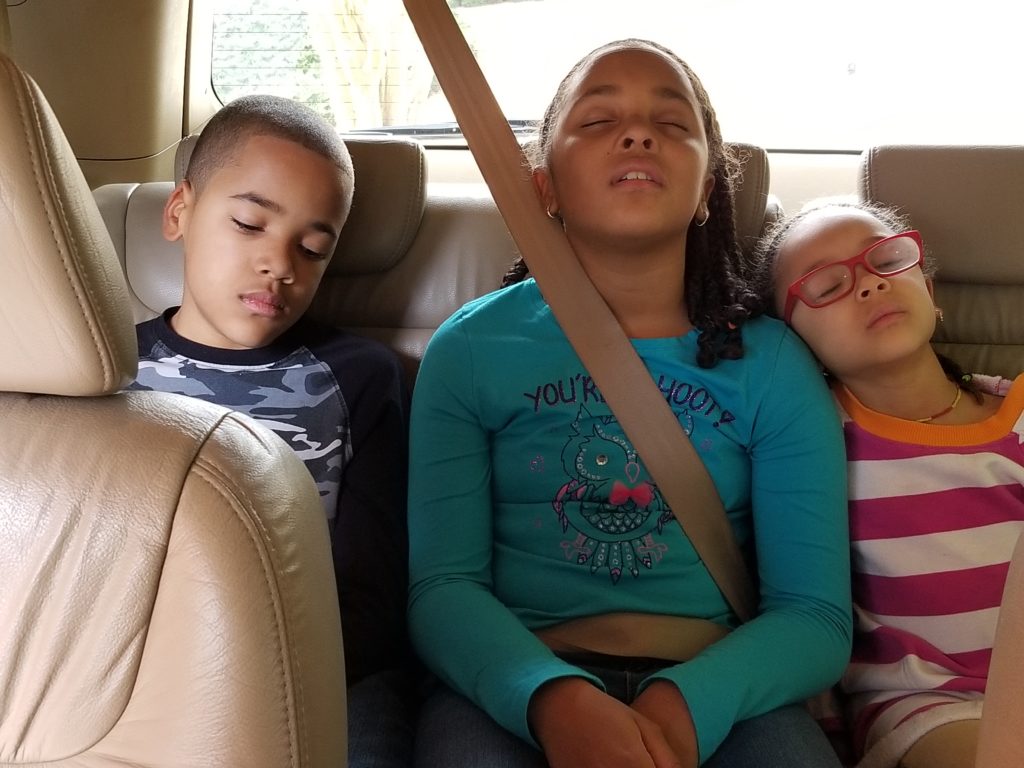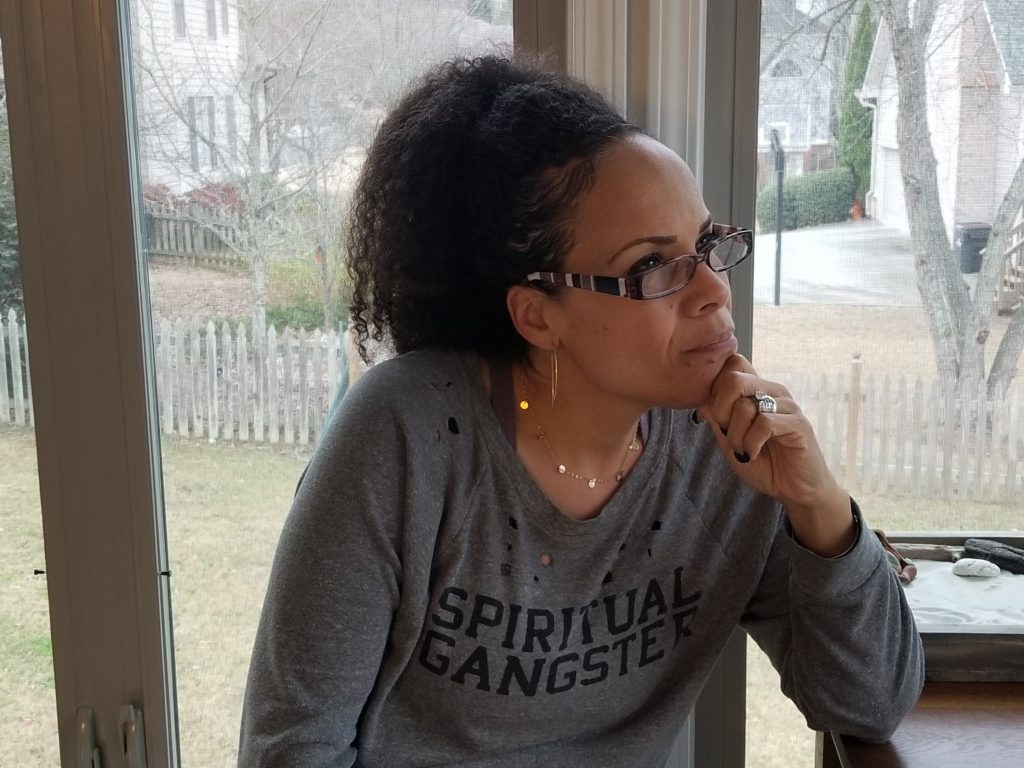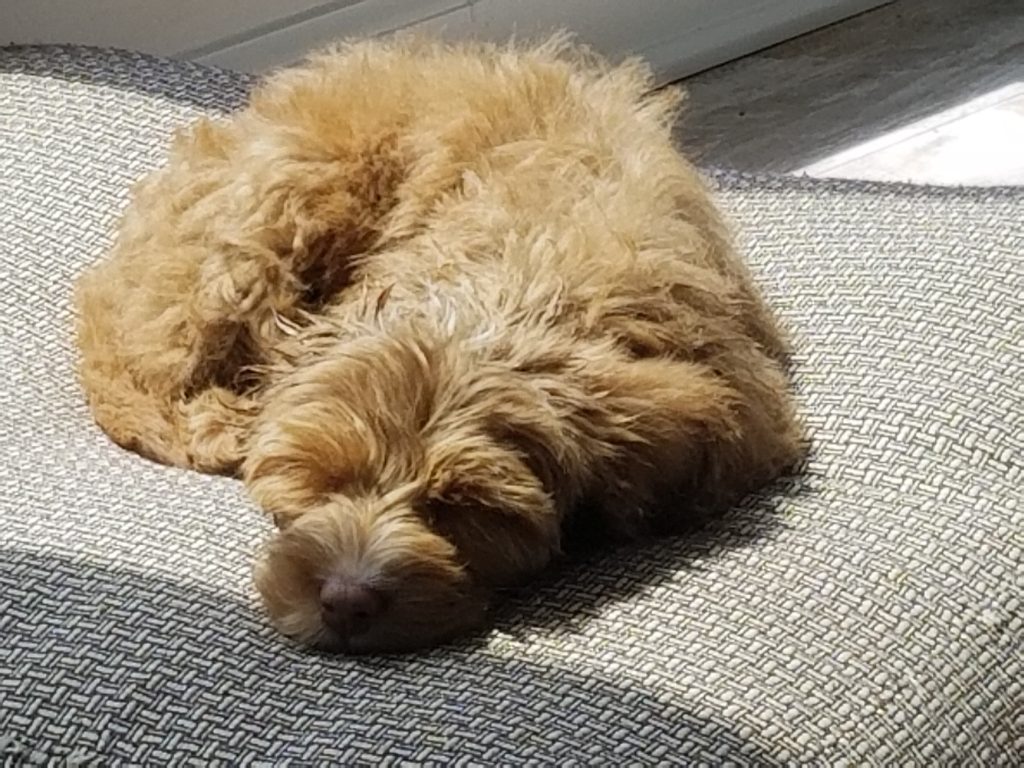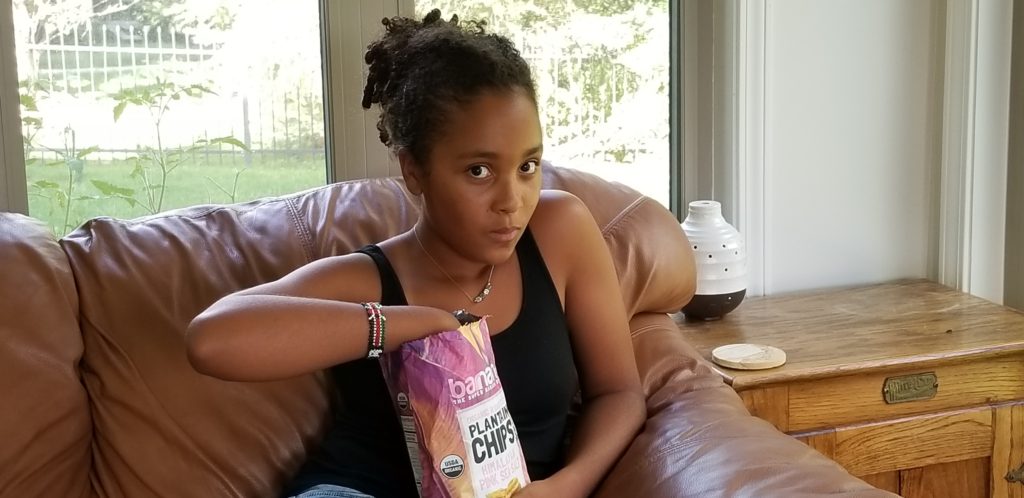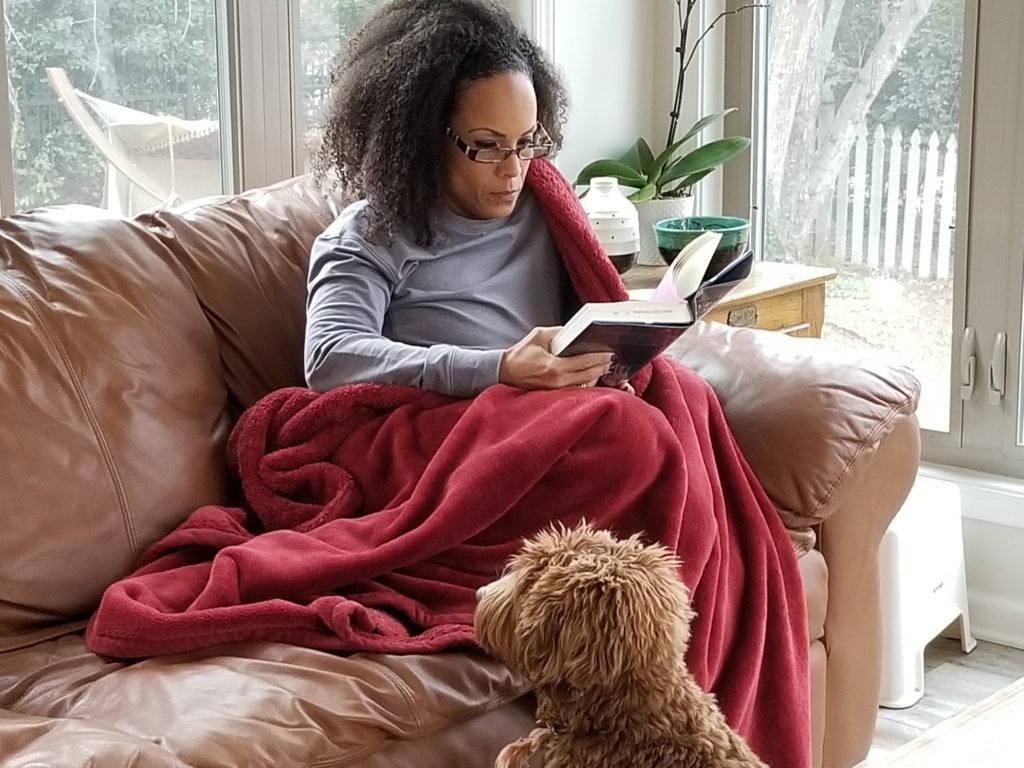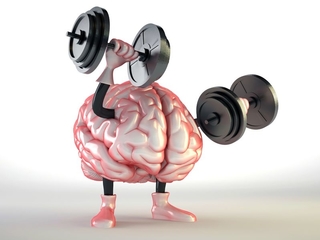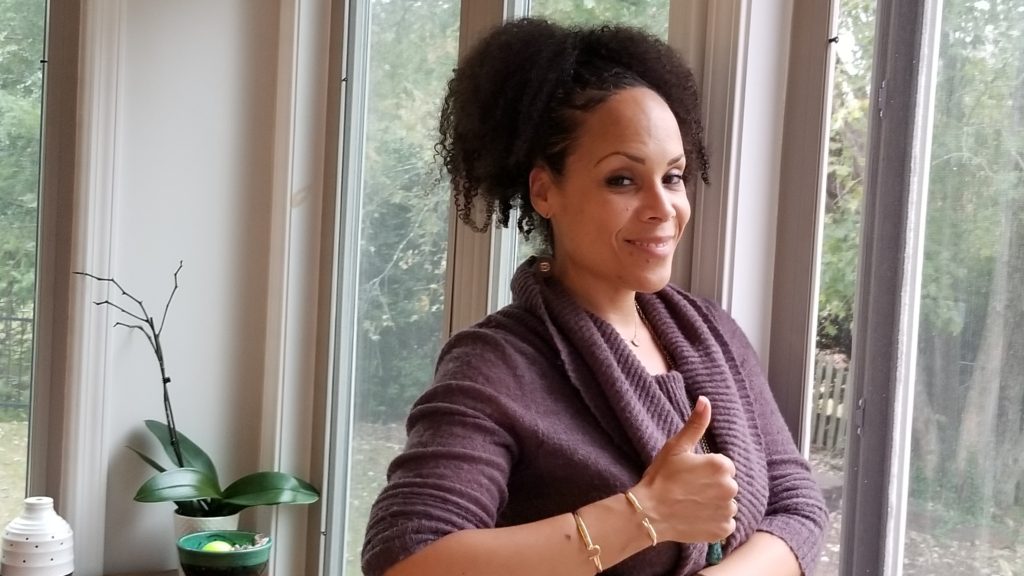Welcome back for week 2 of the Self Care series. Last week we talked about what self-care is and we expanded our thinking about what can be included in self-care. This week, we are going to take our view of self-care a little deeper…
Why does it matter?
I mean, we all like the concept of self-care. Whether we’re talking about spa days, retreats, getting enough sleep, or feeding our bodies in a nourishing way, it seems like a decent enough idea. Sure, doing any or all of these things is at least nourishing and could be deeply loving and caring for us. But if we’re super busy (we are) and we’ve got tons of other compelling things to do (we do) and we don’t have time for self-care, then does it make a difference if we don’t get around to it? Does it matter if we don’t take time for self-care?
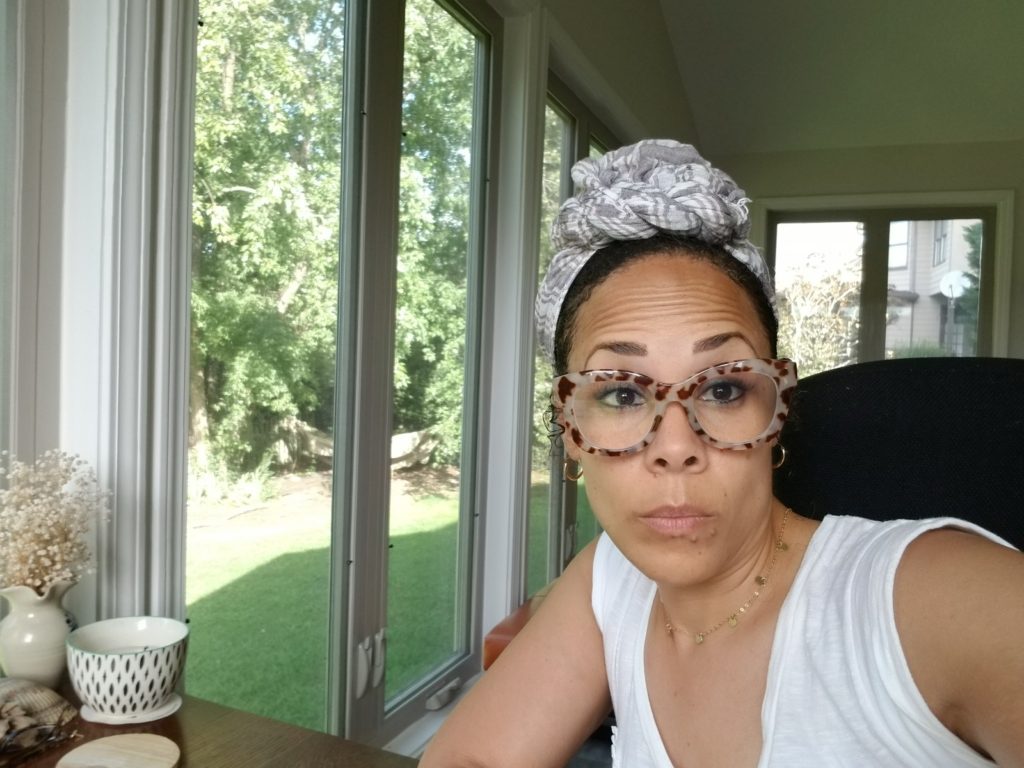
The reason why we ask that question comes from the value we assign to self-care. We think somewhere deep inside that self-care is a luxury, that it’s an indulgence, like staying up all night binging on a Netflix show (if this is what fills your sails, then do you. I mean no harm :). It feels like self-care is a guilty pleasure, one that we really can’t afford. Or we think that if we make time for self-care then we sacrifice something else equally worthy. We believe that because we forget the point of self-care altogether.
Self-care is to take care of you. Self-care matters because you matter.
We assign value to all the roles and responsibilities in our lives. Our jobs as wife, mom, daughter, worker, member of whatever all are roles we take seriously. And they’re important. But how well do you fill those roles if you’re exhausted, caffeinated, and dragging yourself through the day, looking forward to the moment you can fall into bed only to get up and do it again? What if you had carved out half an hour of time to walk outside or go to sleep a little earlier than usual? We think that something won’t get done if we include ourselves in our to-do list.
But what if taking care of yourself made you better for the other things you do?
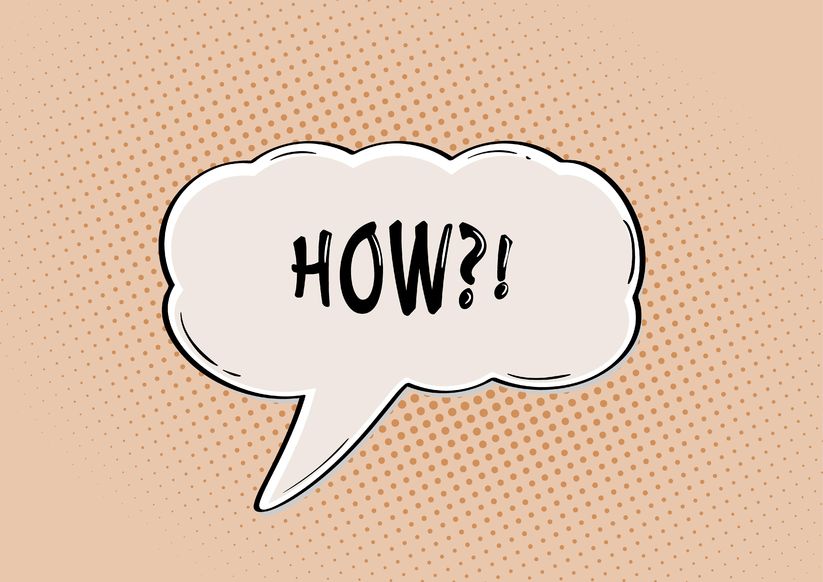
Think about it. If you weren’t so tired, maybe you’d get even more done in less time. Maybe you’d have a moment to give hugs to your littlest when she asks instead of rushing to get the next thing done. Maybe you’d call a friend on your commute instead of worrying about what you need to do when you get back home. You might wake up with inspiration and ideas instead of dread for the day coming. You might plan meals that fuel your body and keep you on your weight loss plan.
If you mattered to you, if you were important on your list, what might change? You might say no to things that were less important (and you might be glad you did!) You might feel better and do more than you thought you could. You just might enjoy your life instead of putting on your big girl panties and just dealing most of the time.
You matter. The only reason you don’t keep yourself on your list is because you forget that you matter. You don’t know that taking care of yourself takes care of others too. You’re better when you have fuel in the tank instead of running on fumes. You’re more patient, peaceful, creative, loving. I know it’s true because I have been both stressed-out running-on-fumes mama and mama-who-has-time-for-hugs. I like me as the second mama better! When I take care of myself I have more to give to my husband, my kids, my work, and my life. I do miss a lot of TV shows and movies, but I’ve decided that it’s a sacrifice I can live with. I’ve said no to other things that I can live without. You can choose to do the same if it gets you back on your list!
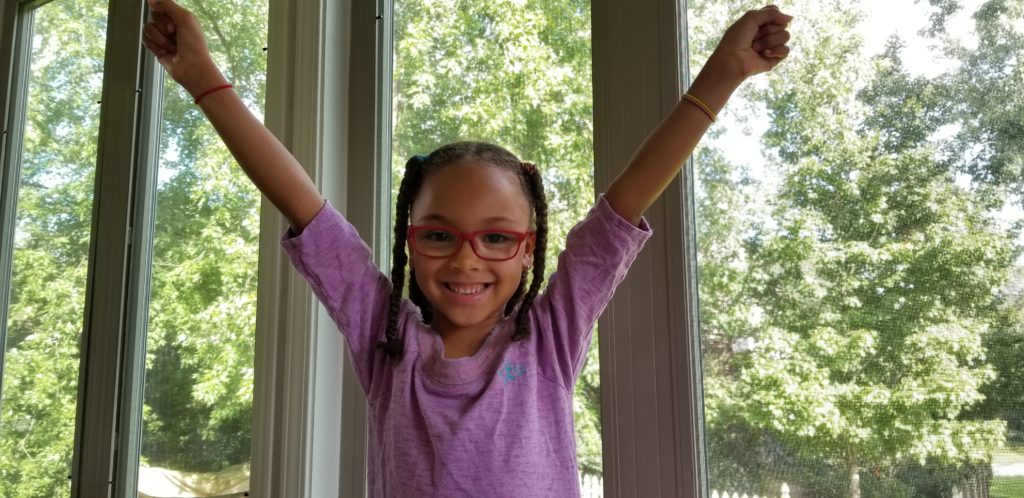
Easier said than done sometimes, I know. If you can’t get your weight off because you can’t plan/meal prep/get it together because life is so out of balance, I can help! Email me a drandreachristainparks@gmail.com and we’ll set up a consultation to start getting your life back in balance!
Here’s your video help this week!

